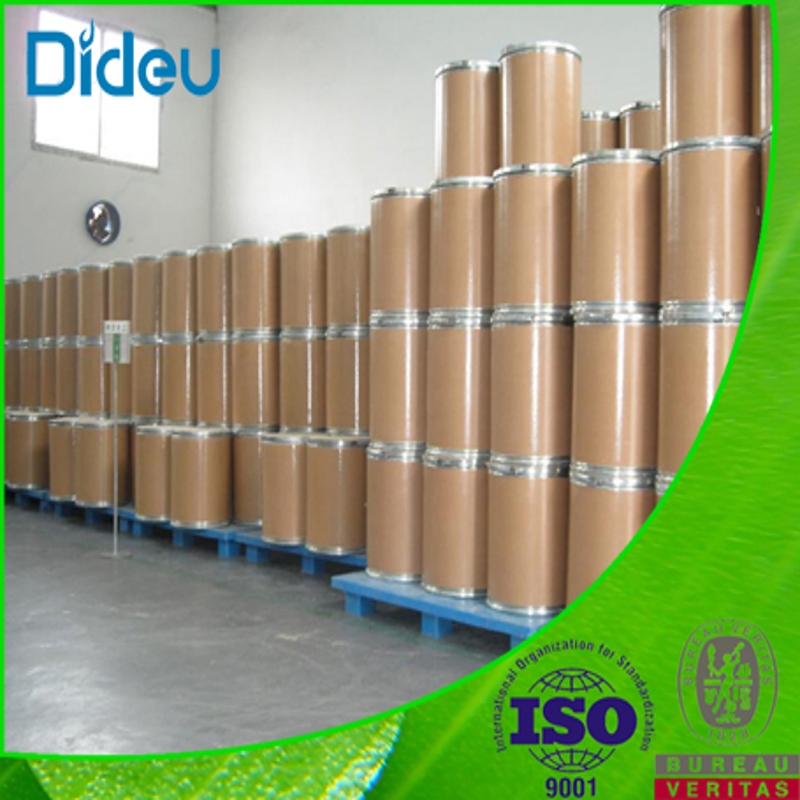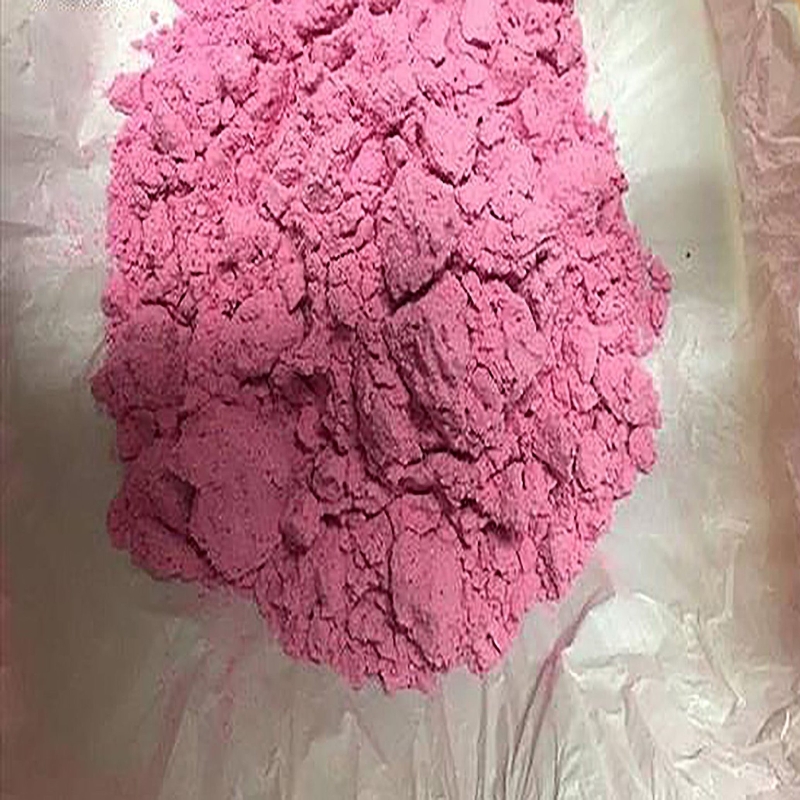-
Categories
-
Pharmaceutical Intermediates
-
Active Pharmaceutical Ingredients
-
Food Additives
- Industrial Coatings
- Agrochemicals
- Dyes and Pigments
- Surfactant
- Flavors and Fragrances
- Chemical Reagents
- Catalyst and Auxiliary
- Natural Products
- Inorganic Chemistry
-
Organic Chemistry
-
Biochemical Engineering
- Analytical Chemistry
-
Cosmetic Ingredient
- Water Treatment Chemical
-
Pharmaceutical Intermediates
Promotion
ECHEMI Mall
Wholesale
Weekly Price
Exhibition
News
-
Trade Service
Total knee arthroplasty is accompanied by obvious pain, and effective analgesia is conducive to improving patient satisfaction and functional effects
.
Studies have shown that dexamethasone may promote the effect of local anesthesia, but this effect has not been fully explored in the local infiltration analgesia (LIA) mixture added to patients undergoing knee arthroplasty
The study included 140 patients undergoing selective unilateral total knee arthroplasty, and they were randomly assigned to receive 2 ml of 0.
9% saline or 2 ml of dexamethasone 4 mg/ml added to the LIA mixture
.
The main result is a 24-hour oral morphine equivalent consumption
As a result, a total of 72 patients were included in the saline group and 68 were included in the dexamethasone group
.
The 24-hour morphine consumption of the saline group and the dexamethasone group were equivalent, with a median of 60 (IQR 40-105 (range 16-230)) mg and 56 (IQR 41-75 (range 0-300)) mg, respectively (P=0.
In summary, the results of the study showed that dexamethasone 8 mg and 24-hour morphine consumption did not improve, but it was related to a moderate improvement in short-term analgesia, short-term function, hospital stay and postoperative nausea
.
There is no long-term benefit from using dexamethasone in LIA in patients undergoing total knee arthroplasty
Original source:
Kariem El-Boghdadly, et al.
Addition of dexamethasone to local infiltration analgesia in elective total knee arthroplasty: double-blind, randomized control trial in this message







